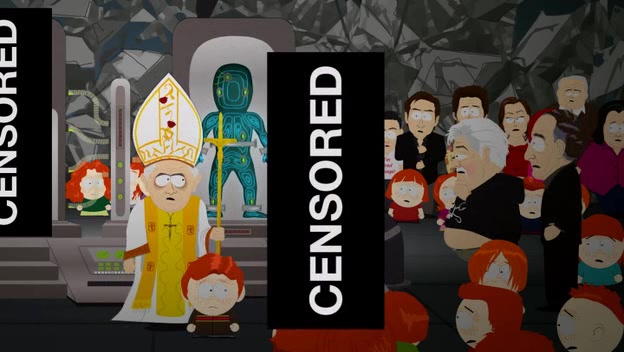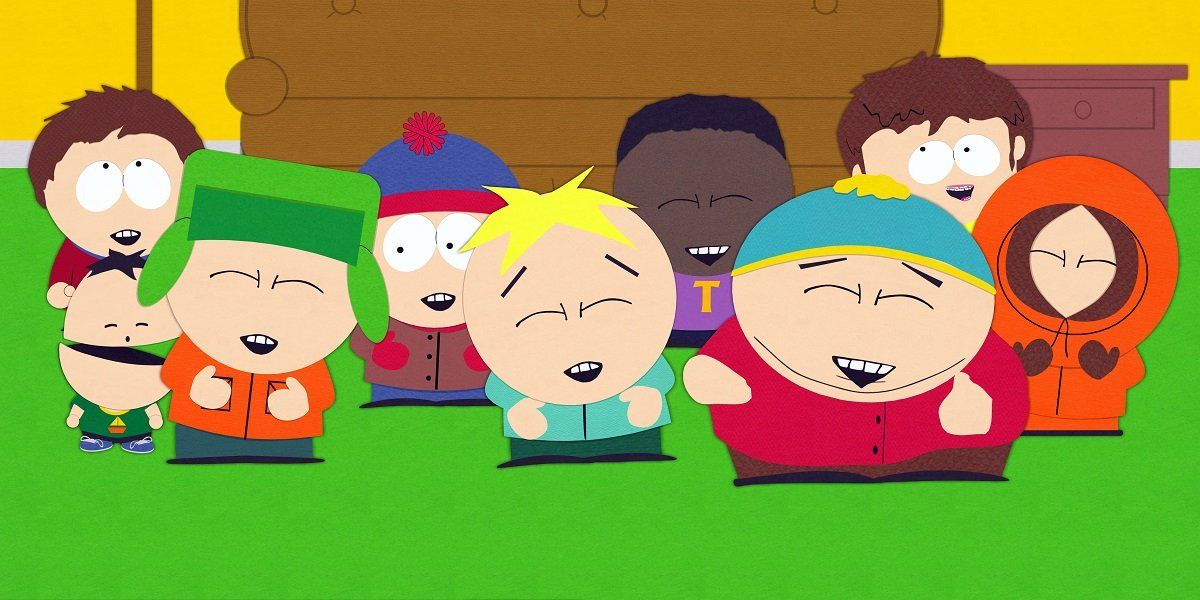

"Under the Supreme Court this is the highest precedent that you can have-that this Butters video is fair use.

This can help creators avoid the huge costs of litigation brought on by frivolous copyright lawsuits.Īccording to The Hollywood Reporter, the "What, What (In the Butt)" case has been the most cited in courtrooms across the country in the last five years, thanks to the growth of digital content. The ruling has become important to entertainment law, because it says that a fair use suit can be stopped before going to trial. "District courts need not, and indeed ought not, allow discovery when it is clear that the case turns on facts already in evidence." "Ruinous discovery heightens the incentive to settle rather than defend these frivolous suits," it said. The decision cited EFF's argument that lawsuits too often are "baseless shakedowns" designed to extract cash from deep-pocketed creators and distributors, such as Viacom. The case eventually made its way to the 7th Circuit Court of Appeals, where the judges ruled in favor of South Park. One reason the suit was so important was that the video walked several lines: It was a close copy, it was not transformative in the sense that term had been traditionally understood, it used a significant proportion of the original, and it was for commercial rather than educational use. The criteria under which a fair use determination is made include whether or not the work transforms the original work, the nature of the original work, how much of the original work is used, and whether it affects the market for the original work. Brownmark was not amused.ĮFF and Viacom argued that the South Park episode was a clear case of fair use, as it was a parody commenting on the viral video trend. The kids post their rendition to "YouToob" and watch as it grabs millions of hits. The stunningly unsubtle lyrics are slightly abbreviated but otherwise unchanged. The South Park version of the video, starring a recurring character named Butters, mimics the original video nearly shot-for-shot. In 2010, EFF became unlikely allies with the media giant Viacom-the owner of Comedy Central-which had been sued by Brownmark Films after a 2008 South Park episode called "Canada on Strike" parodied a popular viral video by the musician Samwell. "But there are some really important exceptions to that rule, and there are some really important places where we say, 'Actually, members of the public, no matter who they are, can use this thing for all sorts of reasons without getting permission.'" "When anybody creates anything, basically, that thing automatically gets copyrighted and for the most part it can't be used in certain ways without permission," explains Higgins.

#SOUTH PARK EPISODE 201 SPEECH FREE#
But the raunchy cartoon has also helped establish an important legal entertainment precedent that expands free speech rights. I hope that's the legacy in this case," says Parker Higgins, director of copyright activism at the Electronic Frontier Foundation (EFF).įor 19 seasons, South Park has provided cutting cultural commentary centered around the foul-mouthed adventures of elementary school students Stan, Kyle, Kenny, and Cartman.

"I hope that law students today are having to watch Butters sing 'What, What (In the Butt)' in their classrooms.


 0 kommentar(er)
0 kommentar(er)
